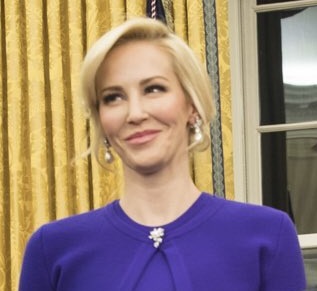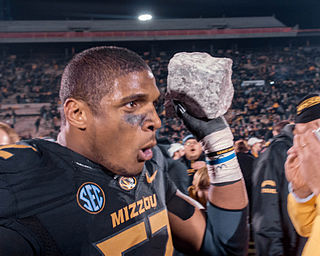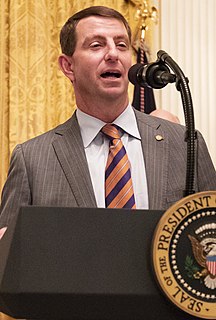A Quote by Louise Linton
I've been very transparent with reporters, but they only want to print mean stuff.
Related Quotes
In a print interview, as you may or may not know, they [editors] can do whatever they want. And they do. This is why most people are more hesitant to do print, because they can change it, and they do change it. They even change things that are in quotation marks, which is a pet peeve of mine. I've said to numerous reporters, "Would you read me back my direct quotes?" And they always say no. They always say that's against the policy.
We're not seeing, you know, dozens of reporters being beaten up. And there may be more attention to it than there has been in the past. But it is important to recognize that the democracy depends on reporters asking people in power questions, so that the general public has information. We can't really self-govern unless information is widespread. And, sometimes, reporters have to be a little aggressive. I mean, you know, the reporter didn't beat up the politician. The politician beat up the reporter.
If anyone ever wonders why there's nothing coming from me, it's not my fault. I'm doing the work. No, I haven't deteriorated or gone insane. Suddenly, I just can't get anything into print. And apparently I'm not alone in this. There are people of very high standing, authors who are having problems. So I have been told. In my own case, the more disturbing element is the editor-in-chief who said to me, "I think this book is terrific. It ought to be in print. I can't publish it -- I've been told I mustn't." The indication is that I'm not writing what people want to read, but I never did.
I want guys that are sincerely interested in coming to Clemson. I don't need any practice recruiting, and I don't like wasting time. I want to be transparent, and I want prospects to be transparent, and if they're really interested in Clemson, then they're going to come here unofficially on their own.



































